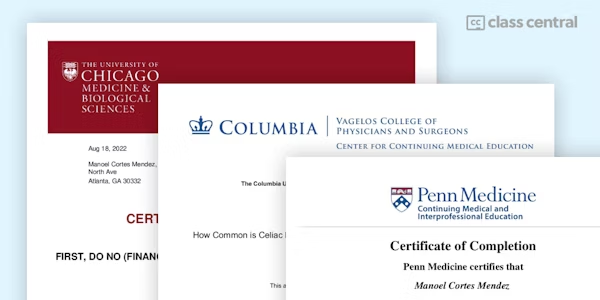This course introduces participants to the concepts and dimensions of inclusive growth and the broader set of goals that policy makers should be concerned about. It reviews important theories and evidence on which policies can help boost growth, and determines whether growth helps to reduce poverty and whether there is a trade-off between raising growth and reducing inequality. The second half of the course will focus on measuring inclusiveness, starting with the most disadvantaged groups in how to measure poverty and then expanding to other income groups in order to measure inequality. This analysis focuses on monetary indicators of inclusiveness, income, and consumption levels. The course will also consider non-monetary dimensions of welfare, such as health and education levels.
Overview
Taught by
Valerie Cerra and Dmitriy Rozhkov



